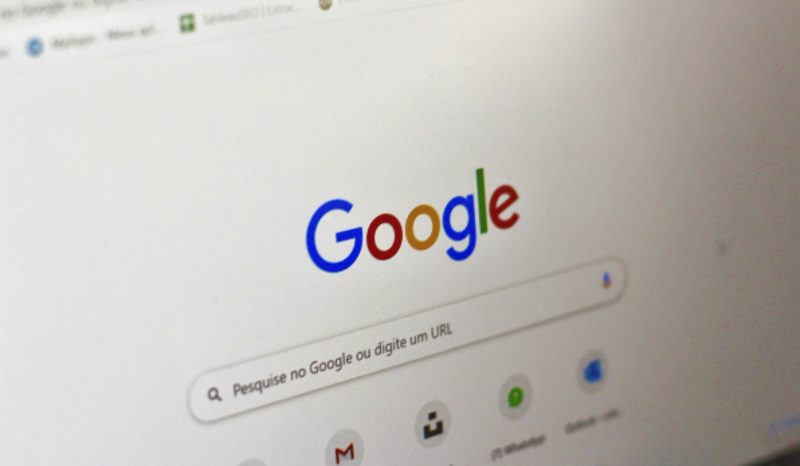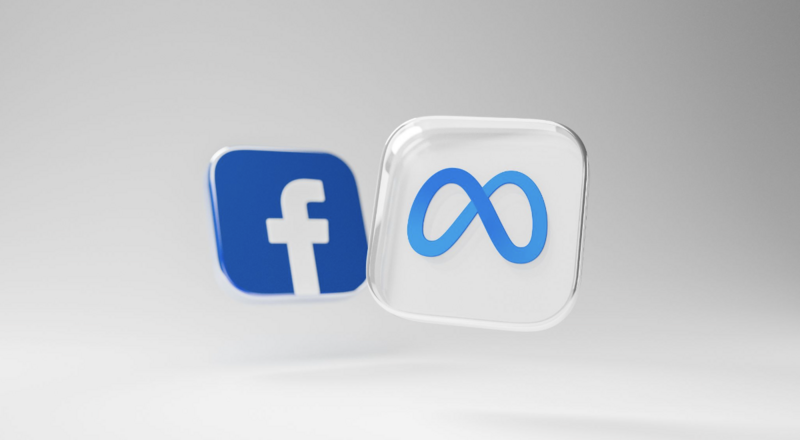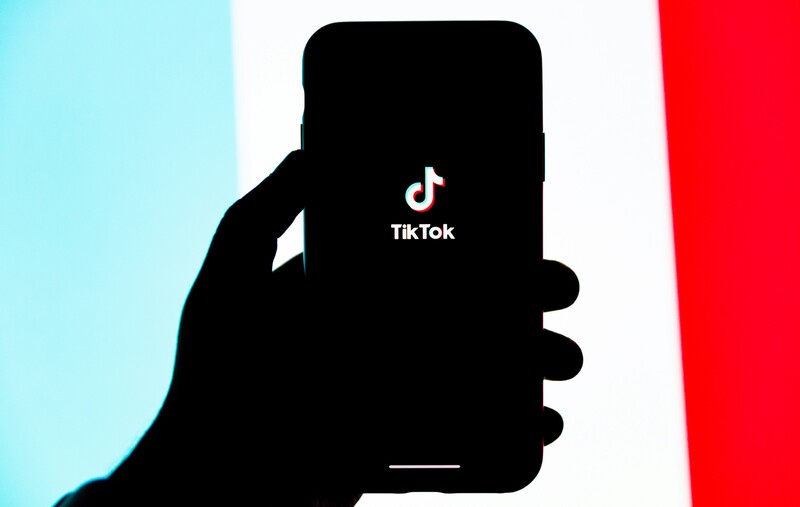C2PA is a group started by Adobe and Microsoft to find ways to certify online media’s provenance: where it comes from and how it was created. This information includes if an AI platform was used to create a piece of media, helping companies curb deepfakes and disinformation. The C2PA acronym also sometimes refers to the metadata standard the coalition created.
All Tech stories

Now that Google and the federal government have squashed their beef over paying news publishers, the search giant is giving Canadians access to its shiny new chatbot.
What happened: After snubbing Canada on the initial rollout of its first chatbot, Bard, Google will offer its improved and renamed AI chatbot, Gemini, to Canada.
.png)
Bluesky is ditching invite codes, but what it’s about to let developers do could be more important for its future.

With AI deepfakes becoming more common on Facebook than old high school classmates promoting their multi-level marketing schemes, Meta has decided it’s time to step in.
Driving the news: As deepfakes impersonating the likes of U.K. Prime Minister Rishi Sunak, Canadian treasure Michael Bublé, and pop star Taylor Swift come into the mainstream, Meta will roll out AI detection and labelling features across its platforms.
%20(7).gif)
They’re coming: job postings for entry-level roles requiring 10 years of AI experience.
Driving the news: Ever since the launch of ChatGPT in 2022 and the resulting frenzy over AI-powered technology, businesses including Equifax, Accenture, and Ashley have been scrambling to hire executives to lead their AI initiatives, per The New York Times.
.gif)
Everyone you know under the age of 40 may have logged off Facebook years ago, but that’s not doing anything to slow down parent company Meta’s surging stock.
What happened: Share prices in Meta — which owns Facebook, Instagram, and Whatsapp — jumped more than 20% last week after an earnings announcement that had investors smashing the “Like” button.
.png)
Computers that use principles of quantum physics to run computations, which could make them really fast. Typical computers use bits, units of data that can either exist as a 0 or a 1. Quantum computers use quantum bits, or “qubits,” which can be a 0 and a 1 simultaneously. In quantum physics, this is called superposition.
.gif)
Automakers navigating their electric transitions need a bit of tech support.
Software issues forced Volvo to delay deliveries of the EX30 electric SUV. Though the unspecified glitch has been resolved, new vehicles were held back by roughly two weeks. This was after production on Volvo’s high-end EX90 was pushed from late last year to mid-2024 to give it more time to ensure its complex software worked properly.

Finding the perfect banger to soundtrack your next TikTok vid just got a lot harder.
What happened: Universal Music Group (UMG) — the world’s biggest music company — is pulling its entire catalogue from TikTok after the app failed to extend its licensing agreement.
.png)
Despite being identified as a problem more than six years ago, methods to fight deepfakes have not kept up with the AI used to create them.
.png)